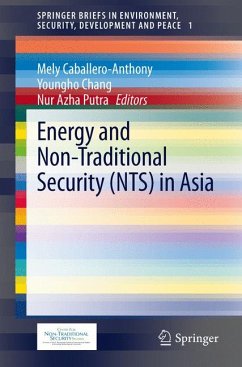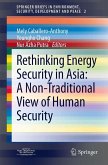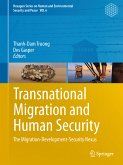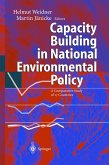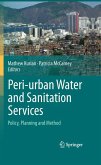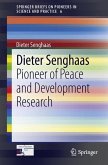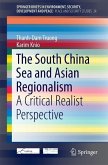Dieser Download kann aus rechtlichen Gründen nur mit Rechnungsadresse in A, B, BG, CY, CZ, D, DK, EW, E, FIN, F, GR, HR, H, IRL, I, LT, L, LR, M, NL, PL, P, R, S, SLO, SK ausgeliefert werden.
"Energy and Non-Traditional Security (NTS) in Asia, is a timely collection of essays by well-chosen scholars who provide insightful explanations of the salient aspects of energy security in ASEAN ... . notable contributions to both energy security studies and human security research, and deserve a wide readership among academics, scholars and students who are interested in international relations, human rights, and Asia studies." (Kai Chen, Southeast Asian Studies, Vol. 3 (1), April, 2014)

